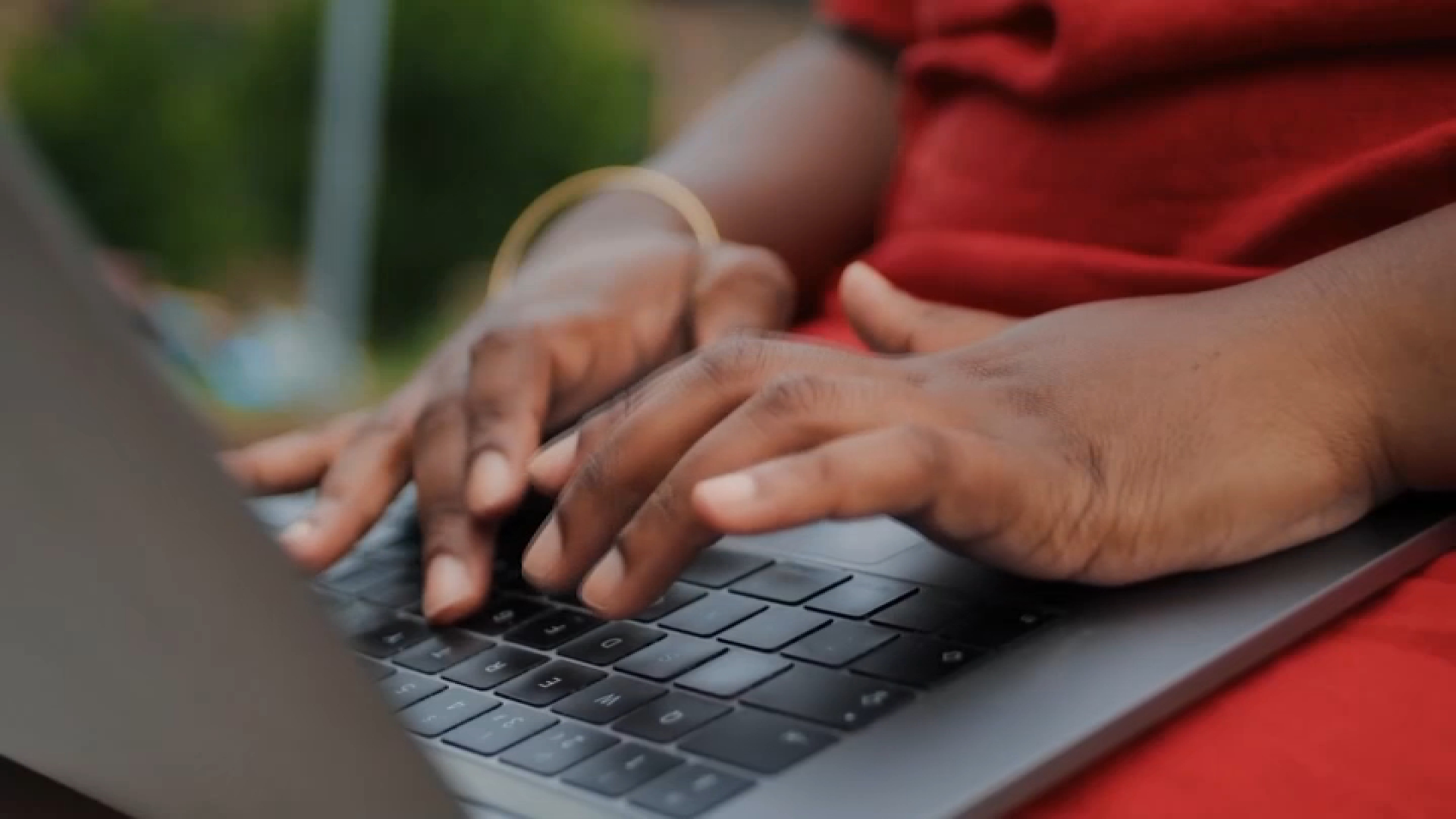After months of criticism that a lack of criminal prosecutions hurt crime fighting in D.C. amid a crime wave, U.S. Attorney for the District of Columbia Matthew Graves announced an increase for the most recent 12 months Thursday afternoon.
For years, the so-called “no paper rate” steadily climbed. It’s the rate at which arrests by D.C. police were not prosecuted in court. In fiscal year 2022 (ending Sept. 30, 2022), two of every three criminal arrests in D.C. were not prosecuted – 67%. In fiscal year 2023 (ending Sept. 30, 2023), that rate dropped to 56%. It is lower, but still higher than nine of the past 10 years and almost twice what it was in 2013.
Graves said the high number was due in large part to D.C.’s shuttered crime lab not being able to test drug evidence. He has since worked with the Drug Enforcement Administration to test more D.C. cases.
In an interview with the I-Team, Graves acknowledged last year’s rate was too high.
We're making it easier for you to find stories that matter with our new newsletter — The 4Front. Sign up here and get news that is important for you to your inbox.
“There were absolutely too many cases where we wanted to go forward and couldn’t go forward,” he said. “We worked hard to address that issue.”
Graves pushed back however on criticism that the low number of prosecutions somehow contributed to a perception of a lack of consequences for D.C. crime, saying judges this year have sentenced defendants to “thousands of years” in custody.
“As a career prosecutor, it is incredibly important to me to hold people accountable for their criminal conduct,” Graves told the News4 I-Team.
While admitting not prosecuting two-thirds of people arrested is too high, Graves wouldn’t say what the right number is. Graves says it is not 100%, either. In a presentation for reporters, Graves explained the 42% of cases his office does not prosecute.
- 18.2% are cases in which a victim does not want to assist in the prosecution. According to Graves many of those are low level cases. He offered that one such group of cases is minor domestic violence in which D.C.’s “mandatory arrest” policy mandates police arrest someone.
- 13.9% are cases in which there is insufficient evidence.
- 7.2% are not prosecuted due to prosecutorial discretion.
- 2.9% are declined when prosecutors determine there is an affirmative defense such as self-defense.
Of all those categories, Graves told reporters the 13.9% of cases in which there is “insufficient evidence” will be the easiest place to make progress. He said some of that could be due to the Metropolitan Police Department’s short staffing; others on a need to retrain D.C. officers on recent appeals court cases affecting how firearm evidence is handled.
Investigations
Investigations by the News4 I-Team
Graves was eager to point out 90% of the “most serious violent crimes” are prosecuted. According to U.S. Department of Justice statistics, those numbers have been at or slightly above 90% every year since 2016, which is as far back as statistics released Thursday go). The one exception was fiscal year 2022 when that rate for violent crime dropped to 87%. The statistics from his office however narrow the definition of “most serious violent crimes” to homicide, assault with intent to kill, carjacking and first-degree sexual assault. They do not include robbery or assault with a dangerous weapon, which includes most shootings. As first reported by DC Crime Facts and verified by reports from the D.C. Sentencing Commission, prosecution rates for assault with a dangerous weapon were 66% for 2019 to 2022.
As D.C. continues to fight violent crime, Graves said he is taking more cases to federal district court where penalties for gun crimes can be more severe than in D.C. Superior Court.
The I-Team reached out to the Metropolitan Police Department and the D.C. police officer’s union for reaction. On a busy news afternoon for both, neither has offered comment.
Sign up for our Breaking newsletter to get the most urgent news stories in your inbox.



